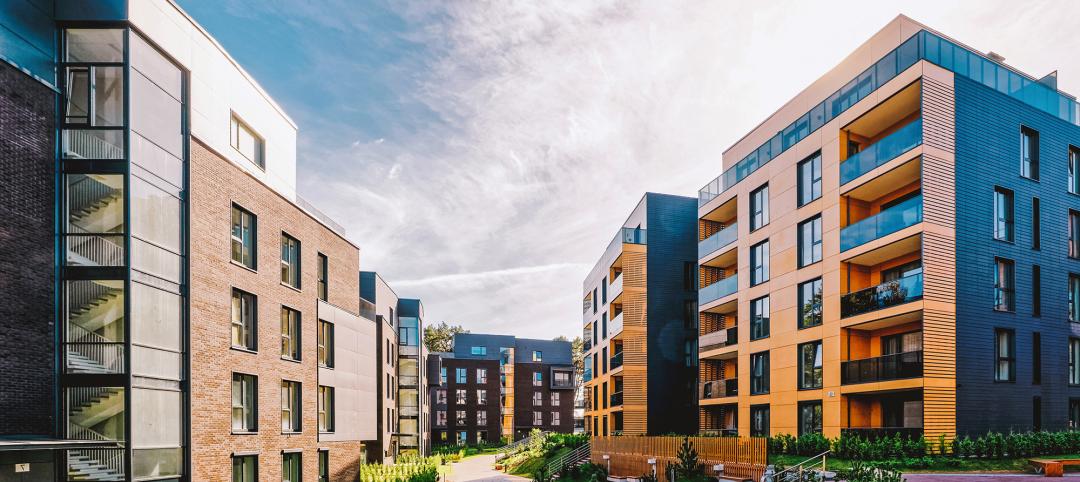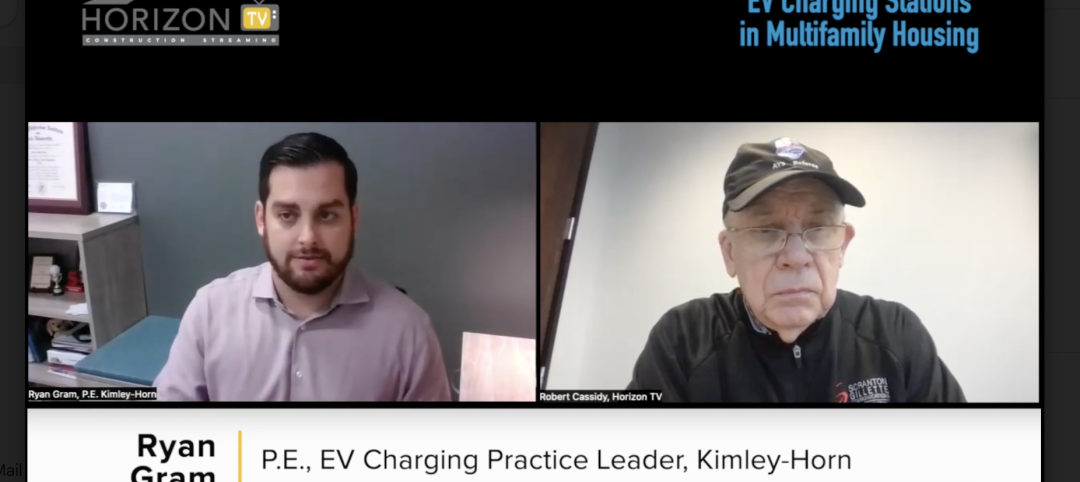Kaiser Permanente has entered into a partnership with Community Solutions to accelerate efforts to end chronic homelessness in 15 communities within the healthcare system’s national footprint.
Over the next three years, Kaiser Permanente will provide $3 million to Community Solutions’ Built for Zero initiative, which since 2015 has used real-time data and existing resources to help 10 communities house more than 65,227 veterans and another 38,583 chronically homeless Americans. The organization estimates that, on any given night, as many as 125,000 people are chronically homeless in America today.
A spokesperson for Community Solutions, Jake McGuire, tells BD+C that his organization’s purpose is to assist communities in pulling together homeless information into one database that would be updated monthly, as the first step toward devising testable strategies to address homelessness.
Those solutions will vary by community. But the goal is to place homeless individuals and families into permanent housing with appropriate support services and case management. McGuire says that it’s less about building new apartments than about unifying a community’s disparate efforts to reduce chronic homelessness.
Kaiser Permanente is one of several partners working with Community Solutions. Others include The Home Depot Foundation, JPMorgan Chase & Co., The Ballmer Group, and Tableau Foundation, which provides data analytics software.
Six of the 15 Kaiser Permanent communities participating in Built for Zero are in California: Sacramento and Sacramento County, Marin County, Richmond and Contra Costa County, Fresno and Madera County, Santa Cruz, Watsonville, and Santa Cruz County; Bakersfield and Kern County, and Riverside County. The other participating markets are Washington D.C., Baltimore, Montgomery County, Md., Arlington County, Va., Fairfax, Va., Denver, Atlanta, and Honolulu.
Rosanne Haggerty (center), president of Community Solutions, speaking at Austin's South by Southwest Conference, where she announced a partnership with Kaiser Permanente, whose Chief Community Health Officer Bechara Choucair is sitting to her right. Bobby Watts, CEO, National Health Care for the Homeless Council, is to Haggerty's left. Image: Community Solutions.
The news of the alliance between Kaiser and Community Solutions was made public today during a panel discussion at the South by Southwest Conference in Austin, Texas. The panelists were Bechara Choucair, M.D., Chief Community Health Officer for Kaiser Permanente; Bobby Watts, CEO of the National Health Care for the Homeless Council; Laurel Blatchford, president of Enterprise Community Partners; and Rosanne Haggerty, president of Community Solutions.
In January, Kaiser Permanente announced separately its commitment to house 500 chronically homeless people over the age of 50 in Oakland, Calif. Last year, Kaiser created its Thriving Communities Fund, a $200 million investment fund focused on addressing affordable housing and other factors that contribute to homelessness.
There are just under 553,000 people who, on a given night, are homeless in the U.S. Approximately 35% are them are unsheltered, according to the U.S. Department of Housing and Urban Development. About 36,000 of these homeless are unaccompanied youths under 25 years old. Half of all homeless people are located in five states: California, New York, Florida, Texas, and Washington
HUD estimates that while chronic homelessness—i.e., someone with a disability who has been homeless for at least a year—is considerably below what it was a decade ago, it has been inching up over the past two years. HUD estimates that nearly one quarter (24%) of all homeless people experience chronic patterns of homelessness, and nearly two-third of these chronically homeless are unsheltered.
The persistent shortage of affordable housing in the U.S. hasn’t helped matters. While the connection between affordability and homelessness may not be as palpable as it was during the last recession—when nearly four million homes were foreclosed each year—many people nevertheless are worried that affordable shelter, either owned or rented, seems out of reach for so many.
Nearly three out of four American households believe the nation is suffering from a housing affordability crisis, according to a representative survey of 2,203 adults that the National Association of Home Builders conducted last November. Seventy-three percent of those polled said that a lack of affordable housing was a problem in the U.S., 68% said this was an issue in their state, and 54% saw it as an issue in the neighborhood.
Related Stories
Market Data | Apr 11, 2023
Construction crane count reaches all-time high in Q1 2023
Toronto, Seattle, Los Angeles, and Denver top the list of U.S/Canadian cities with the greatest number of fixed cranes on construction sites, according to Rider Levett Bucknall's RLB Crane Index for North America for Q1 2023.
Contractors | Apr 10, 2023
What makes prefabrication work? Factors every construction project should consider
There are many factors requiring careful consideration when determining whether a project is a good fit for prefabrication. JE Dunn’s Brian Burkett breaks down the most important considerations.
Affordable Housing | Apr 7, 2023
Florida’s affordable housing law expected to fuel multifamily residential projects
Florida Gov. Ron DeSantis recently signed into law affordable housing legislation that includes $711 million for housing programs and tax breaks for developers. The new law will supersede local governments’ zoning, density, and height requirements.
Multifamily Housing | Apr 4, 2023
Acing your multifamily housing amenities for the modern renter
Eighty-seven percent of residents consider amenities when signing or renewing a lease. Here are three essential amenity areas to focus on, according to market research and trends.
Resiliency | Apr 4, 2023
New bill would limit housing sprawl in fire- and flood-prone areas of California
A new bill in the California Assembly would limit housing sprawl in fire- and flood-prone areas across the state. For the last several decades, new housing has spread to more remote areas of the Golden State.
Multifamily Housing | Mar 31, 2023
EV charging stations in multifamily housing
Ryan Gram, PE, EV Charging Practice Leader at engineering firm Kimley-Horn, provides expert advice about the "business side" of installing EV charging stations in apartment and mixed-use communities. Gram speaks with BD+C Executive Editor Robert Cassidy.
Multifamily Housing | Mar 24, 2023
Washington state House passes bill banning single-family zoning
The Washington state House of Representatives recently passed a bill that would legalize duplexes or fourplexes in almost every neighborhood of every city in the state.
Multifamily Housing | Mar 24, 2023
Momentum building for green retrofits in New York City co-ops, condos
Many New York City co-op and condo boards had been resistant to the idea of approving green retrofits and energy-efficiency upgrades, but that reluctance might be in retreat.
Legislation | Mar 24, 2023
New York lawmakers set sights on unsafe lithium-ion batteries used in electric bikes and scooters
Lawmakers in New York City and statewide have moved to quell the growing number of fires caused by lithium-ion batteries used in electric bikes and scooters.
Multifamily Housing | Mar 24, 2023
Multifamily developers offering new car-free projects in car-centric cities
Cities in the South and Southwest have eased zoning rules with parking space mandates in recent years to allow developers to build new housing with less parking.
















